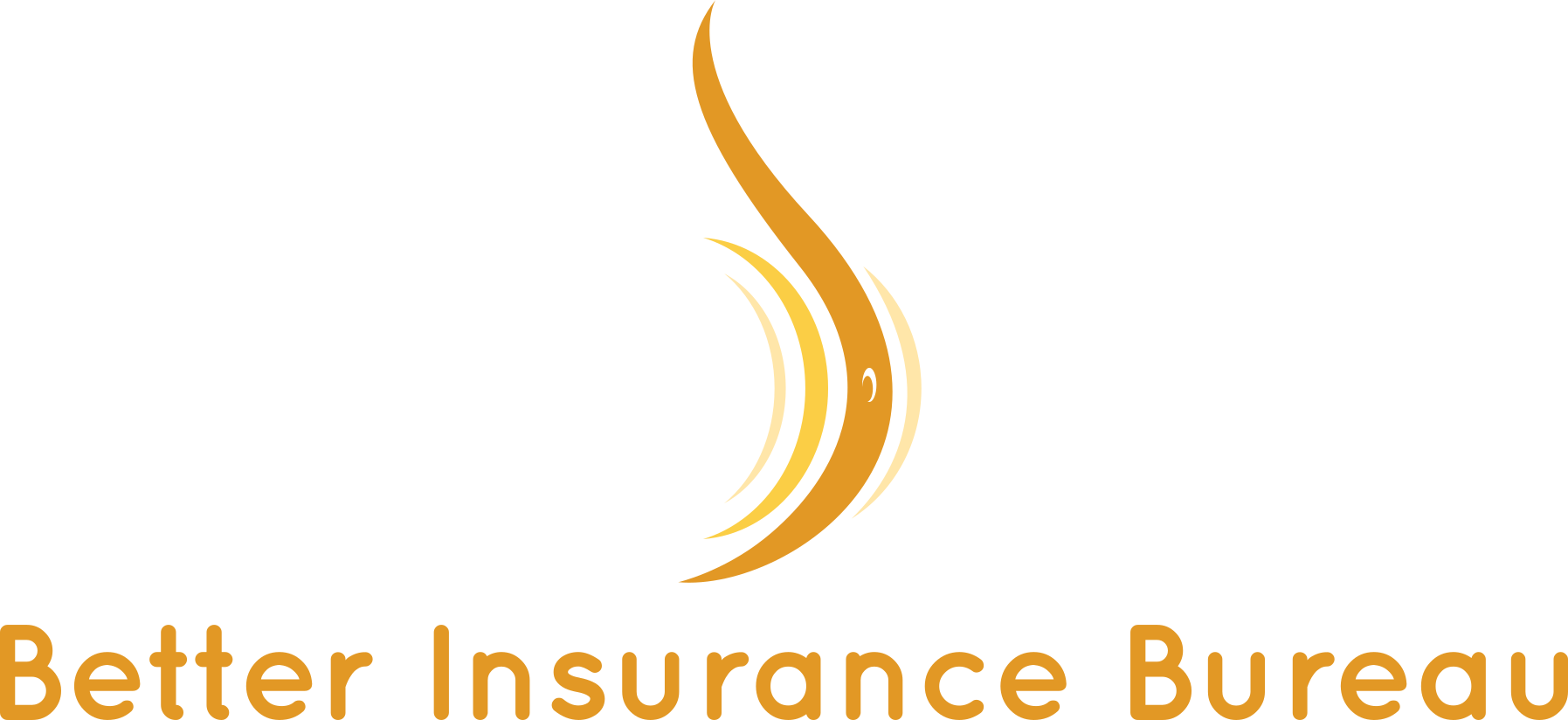investing in the development and implementation of technology for audit can be costly. It’s important for decision makers to have a thorough understanding of this process.
Experts say that the development and implementation process of audit technology takes many hours, money, and human resources. It also requires a thorough identification of goals and objectives that must be met. Additionally, the implementation process of audit tech is a complicated process that requires constant back-and-forth communications between teams as well as an understanding of pitfalls that may arise at any time during the development process.
This is particularly applicable if the aim of the project is to improve the organization of data and efficiency of audits. For instance, a KPMG senior manager found that a firm with multiple entities could save hundreds of hours in testing by using automated technologies to match and map disparate data sets.
Auditors could also conduct audits remotely and even virtually. This technology can increase efficiency, lowers travel costs and time spent in meetings with clients, and also allows auditors to utilize more sophisticated tools like analytics.
Samantha Bowling, CPA and CGMA at Upper Marlboro Garbelman Winslow CPAs in Maryland She says that incorporating new technologies into audits is not something that can be done overnight. The firm she works for has implemented artificial intelligence (AI) to detect high-risk transactions. This technology has allowed her to create audits that are tailored to specific risks and eliminate the requirement for samples.
